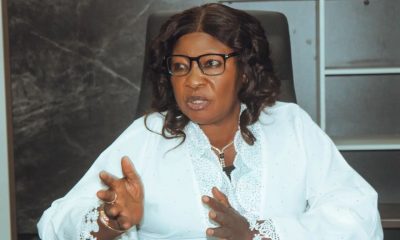The President of the Senate, Sen. Godswill Akpabio has highlighted the importance of boosting revenue generation as a means of checking Nigeria’s current trend of borrowing.
He made this remark during the opening of a five-day interactive session on the 2024-2026 Medium Term Expenditure Framework (MTEF) and Fiscal Strategy Paper (FSP), with all revenue-generating agencies of government.
Furthermore, he called upon stakeholders to devise short-term measures aimed at alleviating the potential adverse effects of the removal of the Petroleum Subsidy on the Nigerian populace.
Also speaking during the event was Sen. Sani Musa, chairman of the joint finance committee who emphasized the meeting would avail legislators the opportunity to review all documents relating to revenue generation and sources of revenues.
READ ALSO: Akpabio emphasizes senate commitment to rule of law
“Our role as legislators in shaping the MTEF/FSP is not only a constitutional obligation but a moral imperative to our constituents who look to us for guidance and leadership in safeguarding their economic interests”
“We must engage in thorough and unbiased deliberations, focusing on the welfare of the Nigerian people,”
“It is only through collaboration and consensus-building that we can develop fiscal policies that are robust, equitable, and conducive to sustainable economic growth. The challenges ahead are formidable, but our resolve is stronger,”
According to the Debt Management Office (DMO), Nigeria’s current debt profile stands at N87 trillion for Q2 2023- an increase of 75.2% when compared to the figure for the first quarter.
The increase stems from the addition of the N23 trillion Ways and Means obtained by the federal government.
The total debt stock includes N33 trillion in external debt and N54.1 trillion in domestic debt. For the 2024 budget, the Federal government set aside N8.25 trillion for debt service.

 Entertainment1 week ago
Entertainment1 week ago
 Entertainment4 days ago
Entertainment4 days ago
 Comments and Issues1 week ago
Comments and Issues1 week ago
 Comments and Issues1 week ago
Comments and Issues1 week ago
 Business1 week ago
Business1 week ago
 Comments and Issues1 week ago
Comments and Issues1 week ago
 Health6 days ago
Health6 days ago
 Football6 days ago
Football6 days ago













